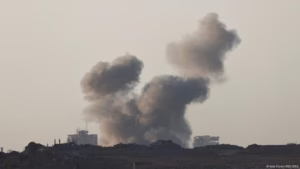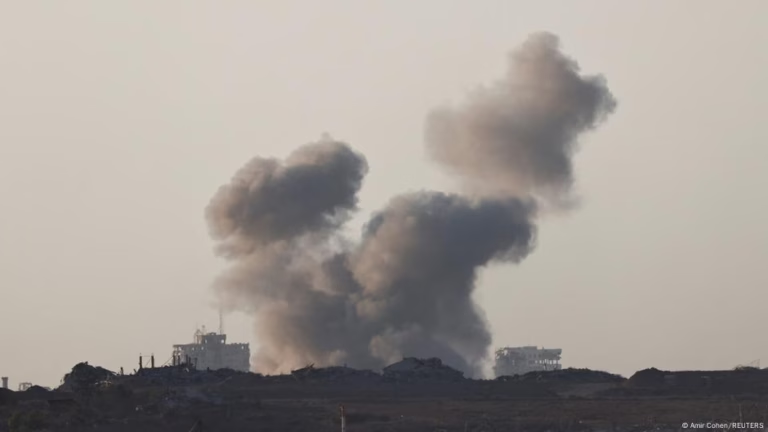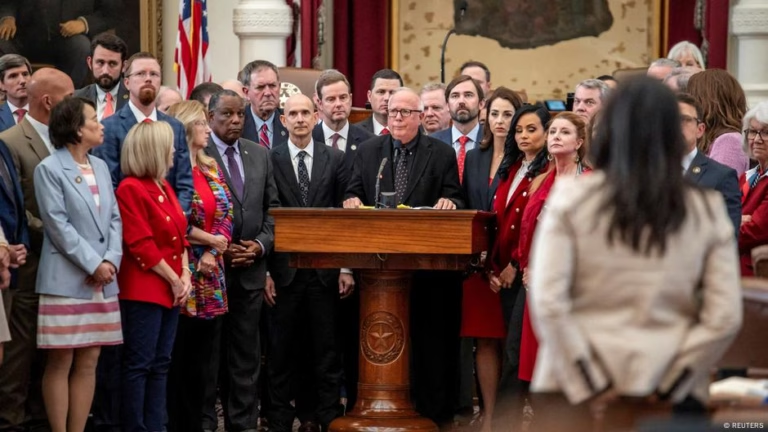The cluster of buildings situated atop a hill near Weimar, a city in the eastern German state of Thuringia, appears as if it has been elevated from the surrounding terrain. With the dense Ettersberg forest nearby, the location exudes an idyllic charm. However, this serene perception conceals the site’s dark history; the Ettersberg plateau was once home to one of Germany’s largest Nazi concentration camps, Buchenwald.
From 1937 to 1945, hundreds of thousands of prisoners were confined in Buchenwald, including political dissidents, communists, homosexuals, Jews, Roma and Sinti people, Jehovah’s Witnesses, and undesired clergy. By April 1945, an estimated 56,000 inmates, primarily Jews, had perished within its confines. The liberation of Buchenwald occurred only as World War II was concluding in Europe; on April 11, 1945, determined prisoners rebelled and prevented SS guards from escaping when the first US Army tanks arrived.
Post-war, Thuringia, including Buchenwald, was under Soviet occupation, and the site of the concentration camp became one of the Soviet ‘special camps’, where Soviet authorities imprisoned former Nazi officials, police officers, and business owners who had utilized forced labor. More deaths are believed to have occurred here by 1950.
Understanding the significance of historical memory and education becomes increasingly vital as the number of concentration camp survivors dwindles. Jens-Christian Wagner, the director of the Buchenwald and Mittelbau-Dora Memorials Foundation, warns of diminishing awareness and the importance of confronting the legacy of Nazism, especially in the context of growing right-wing authoritarian movements in Germany and worldwide. The memorial at Buchenwald serves to remind visitors of the atrocities committed, including a camp gate with the chilling inscription “Jedem das seine” (“to each his own”), and the “Little Camp,” where many died in the camp’s final days. Despite acts of vandalism and personal threats against memorial staff, Wagner insists on the importance of remembering and the need to stand up against intolerance and historical revisionism.
Source: https://www.dw.com/en/buchenwald-a-warning-against-the-dangers-of-extremism/a-72106652?maca=en-rss-en-all-1573-rdf







